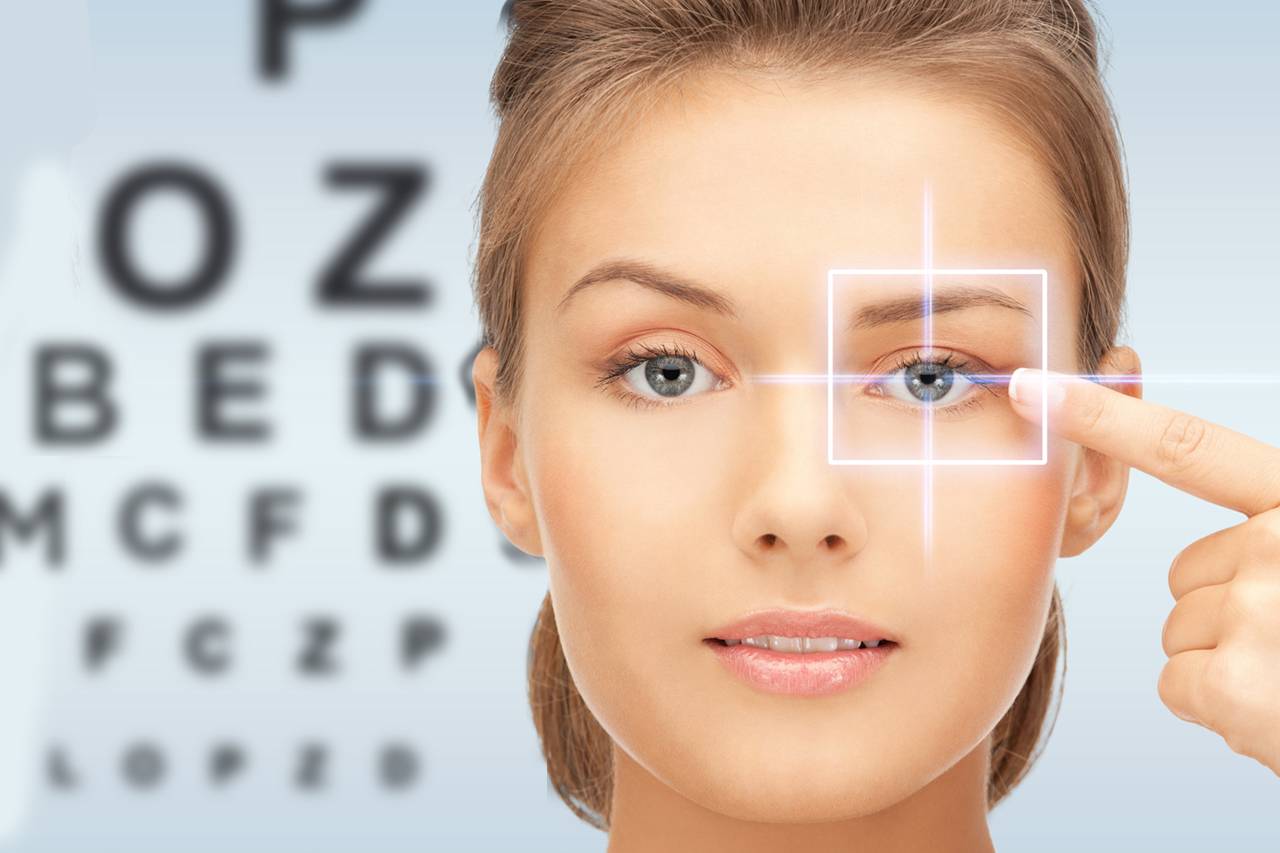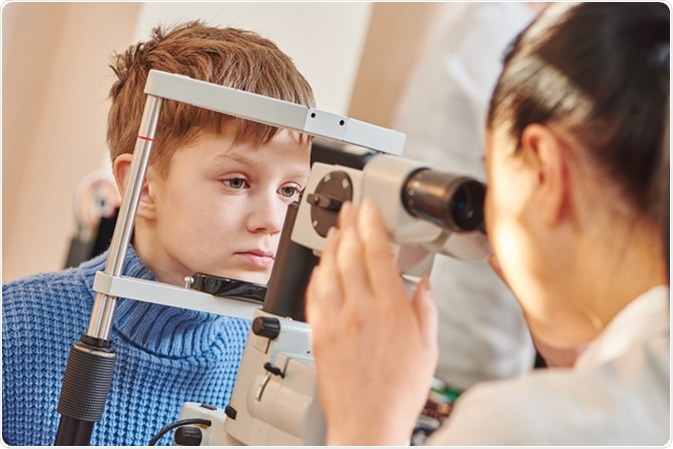Neurologist in Andalusia: Advanced Brain Health Solutions at Our Center
Neurologist in Andalusia: Advanced Brain Health Solutions at Our Center
Blog Article
Is Refractive Surgical Procedure Right for You? Elements to Think About for Better Eyecare
In the realm of eye care, the decision to go through refractive surgical procedure is a substantial one that requires thoughtful consideration. From the ins and outs of one's eye health to the intricacies of daily behaviors and personal expectations, each aspect holds importance in the broader landscape of refractive surgical treatment candidacy.
Eye Health And Wellness Evaluation
When thinking about refractive surgical procedure, a detailed eye wellness analysis is critical to analyze the viability of the treatment for each and every individual. andalusia pediatrics. This analysis includes a collection of assessments and examinations performed by an eye treatment expert to establish the total wellness of the eyes, the visibility of any type of underlying problems, and the security of the refractive mistake
Throughout the evaluation, numerous factors are taken into consideration, such as the client's clinical history, present eye prescription, corneal density, student dimension, and tear movie high quality. These analyses aid to identify any type of contraindications to refractive surgical treatment, such as corneal irregularities, cataracts, or without treatment eye infections. In addition, the examination helps to handle client expectations concerning the prospective end results of the surgical procedure based upon their one-of-a-kind eye features.
Eventually, the eye wellness examination is essential in making certain the security and efficiency of refractive surgical procedure, as it offers beneficial insights right into the individual's eye wellness standing and assists identify one of the most appropriate treatment choices for achieving optimum aesthetic results. (cardiologist andalusia)
Lifestyle Assessment
An extensive way of life evaluation is indispensable in determining the viability of refractive surgery for an individual's aesthetic correction requirements. Lifestyle factors such as line of work, leisure activities, and everyday activities play a critical role in the decision-making procedure concerning refractive surgery.
Moreover, way of life practices such as sports engagement, outdoor activities, or even skincare routines can influence the recovery procedure and general success of refractive surgical procedure. By carrying out a thorough way of living evaluation, eye care experts can tailor their recommendations and treatment plans to meet the one-of-a-kind requirements of each patient, inevitably leading to improved aesthetic outcomes and satisfaction.
Assumption Placement

Establishing reasonable assumptions includes comprehensive pre-operative discussions between the ophthalmologist and the patient. The surgeon ought to transparently communicate the possible threats, benefits, and restrictions of the procedure (andalusia pediatrics). Individuals require to understand that while several people achieve 20/20 vision or far better complying with refractive surgical procedure, some may still require glasses for sure activities like analysis or driving at evening. Taking care of these expectations aids avoid disappointment and dissatisfaction post-surgery, causing an extra favorable overall experience for the individual.
Risk Evaluation

Elements that might enhance the risk of difficulties include Related Site age, certain clinical problems like autoimmune conditions, unstable vision prescription, thin corneas, and impractical patient expectations. Additionally, selecting a skilled and competent surgeon, complying with pre and post-operative care guidelines diligently, and divulging any kind of browse this site relevant clinical background can aid reduce risks.
To minimize the probability of issues, eye doctors perform detailed pre-operative analyses to determine any type of contraindications to surgery. They also discuss the potential dangers and benefits with individuals during the appointment procedure. By participating in open communication and shared decision-making, both the individual and the ophthalmologist can function with each other to figure out if refractive surgical treatment is the right selection based on individual threat accounts and preferred results.
Consultation Significance
Considering the critical function of informed decision-making in evaluating dangers and potential problems in refractive surgical treatment, the examination process holds considerable significance in leading people in the direction of optimal results. Throughout the assessment, the ophthalmologist examines the patient's eye health and wellness, refractive errors, and overall viability for surgical procedure. This preliminary analysis is essential in establishing one of the most appropriate procedure for each and every individual, taking into consideration factors such as corneal thickness, pupil dimension, and existing eye conditions.
In addition, the consultation acts as an opportunity for clients to review their assumptions, concerns, and any questions they may have concerning the surgery. Clear interaction in between the doctor and the person is vital to make sure practical assumptions and a thorough understanding of the potential threats and benefits included.
Additionally, the examination allows the surgeon to clarify the different medical options readily available, their respective results, and the post-operative treatment required. This detailed discussion empowers patients to make knowledgeable choices about their eye treatment, resulting in much better fulfillment and results post-surgery.
Verdict
Finally, individuals taking into consideration refractive surgery must undertake a thorough eye health and wellness examination, analyze their lifestyle practices, align their assumptions with possible results, evaluate the connected risks, and prioritize consultations with eye care specialists. These aspects play a crucial role in determining the viability of refractive surgery for every person, guaranteeing optimum end results and contentment with the procedure.
Clients thinking about refractive surgical treatment typically have high assumptions concerning the outcomes, anticipating perfect vision without the need for glasses or contact lenses. While refractive surgery can substantially improve vision and reduce reliance on visual help, it is critical for individuals to comprehend that results might differ based on private variables such as the level of refractive error, corneal address thickness, and total eye wellness.
By involving in open interaction and shared decision-making, both the individual and the ophthalmologist can work together to establish if refractive surgical treatment is the ideal option based on individual danger profiles and preferred end results.
Thinking about the vital duty of notified decision-making in analyzing dangers and potential issues in refractive surgical procedure, the assessment process holds considerable relevance in guiding people in the direction of optimum results. Throughout the appointment, the eye doctor reviews the individual's eye wellness, refractive errors, and overall suitability for surgery.
Report this page